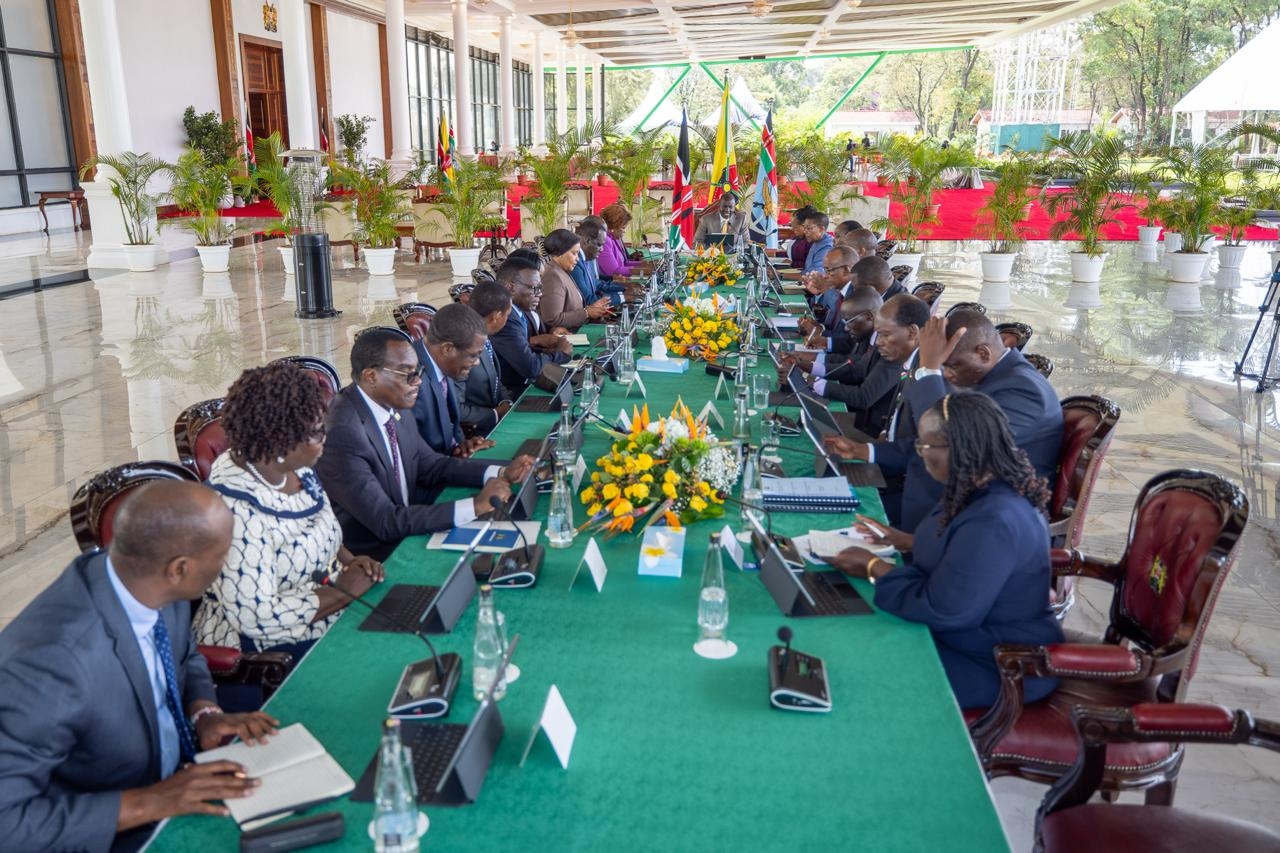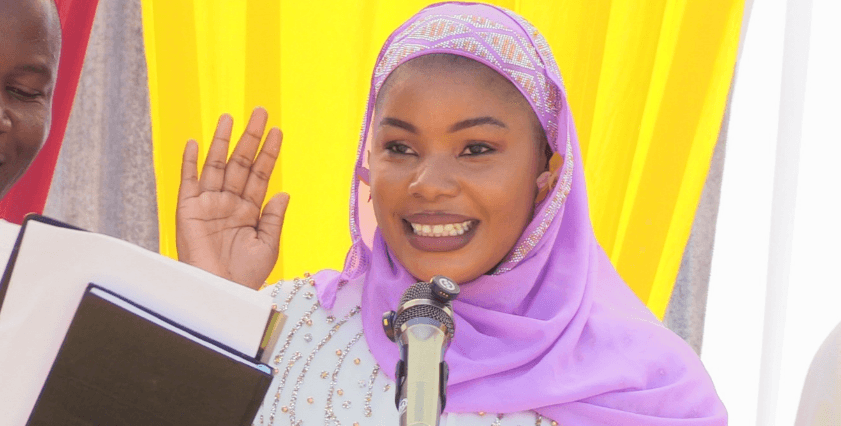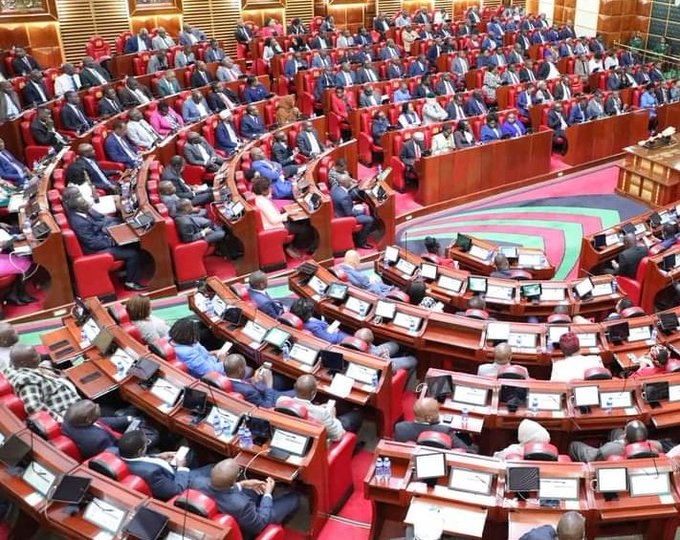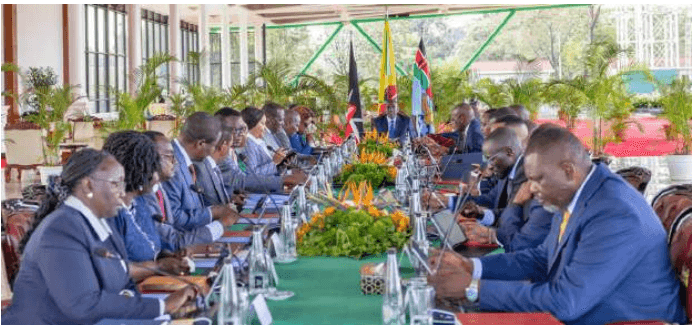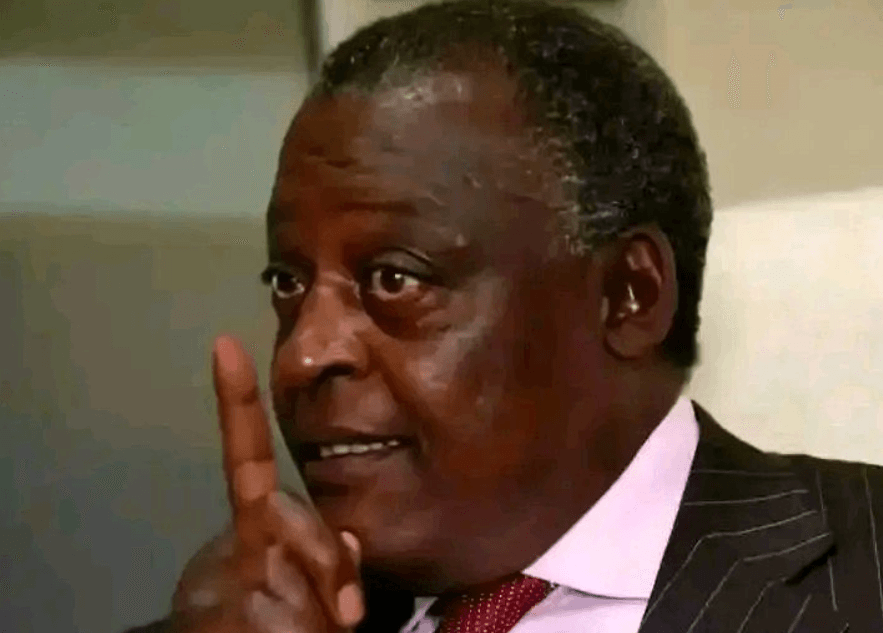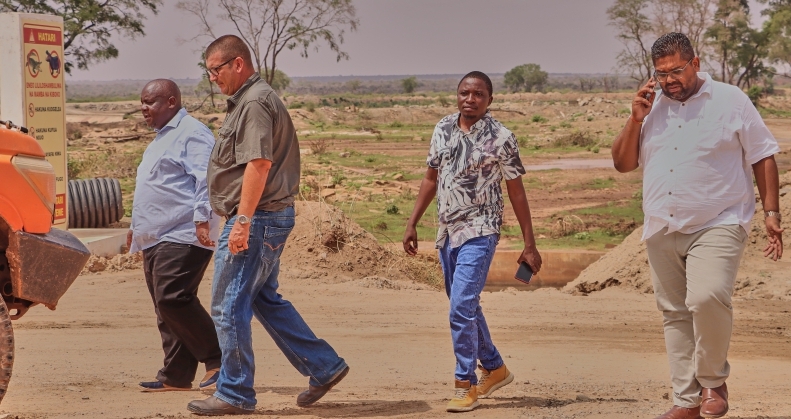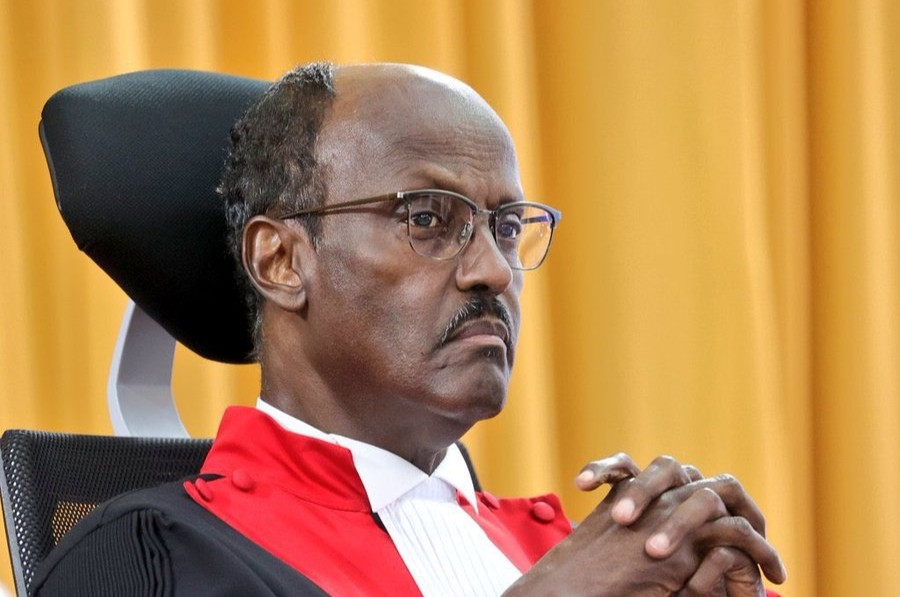The Ministry of Education is working to resolve the gaps that left out several important trainings, such as marine, to be incorporated into the CBC curriculum to tap more than 200,000 annual job opportunities in the blue economy sector.
Education Cabinet Secretary Julius Migos said his officials are preparing a curriculum to capture important areas that have been left out in the curriculum, and his team will work with stakeholders in specific fields to ensure that the sectors are well covered.
On Marine, Kenya's share of Blue Economy to the GDP is 2.5 per cent and the sector contributes an estimated Sh178.8 billion to the economy annually.
The CS noted that Kenya is already in collaboration with marine international companies, which are employing Kenyans in large numbers.
“We train people here, and when Kenyans are employed outside the country, there is no need of re-training them," the CS said.
The CS emphasized that CBC is skilled-based training, and courses like Marine are part of the training that should be embraced to improve the economy and create jobs for the people.
The Kenyan private schools seem to be ahead as the government seeks to incorporate marine courses in the CBC curriculum. The Pioneer School in Maragua, Murang’a County, became the first high school in Kenya and the second in Africa to offer maritime courses.
Pioneer School students who are studying Marine courses visited the Port of Mombasa to gather more knowledge on Marine work and opportunities available.
Munene Nyaga, Michael Muturi, and Kelvin Mbucho are some of the students who were lucky to narrate their experiences at the Port of Mombasa during the educational tour.
The three stated how they learned about ships, cargo offloading, and much more.
Titus Rotich, a maritime engineer, narrated various areas where the Pioneer School students were taken through.
If fully exploited, the sector has the potential to generate revenue of more than Sh500 billion per year, up from the estimated Sh178.8 billion that the blue economy contributes to the economy annually.
Fisheries, aquaculture, coastal tourism, shipping and ports, offshore renewable energy, and biotechnology are the major departments of the blue economy that boost the country's GDP.
According to UNCTAD's latest report, “Trade and Environment Review 2023,’’ the ocean economy is worth between $3 and $6 trillion and offers enormous opportunities for developing countries to build resilience.
Business related to the use of the oceans provides for the livelihoods of approximately 3 billion people globally, the report states.





